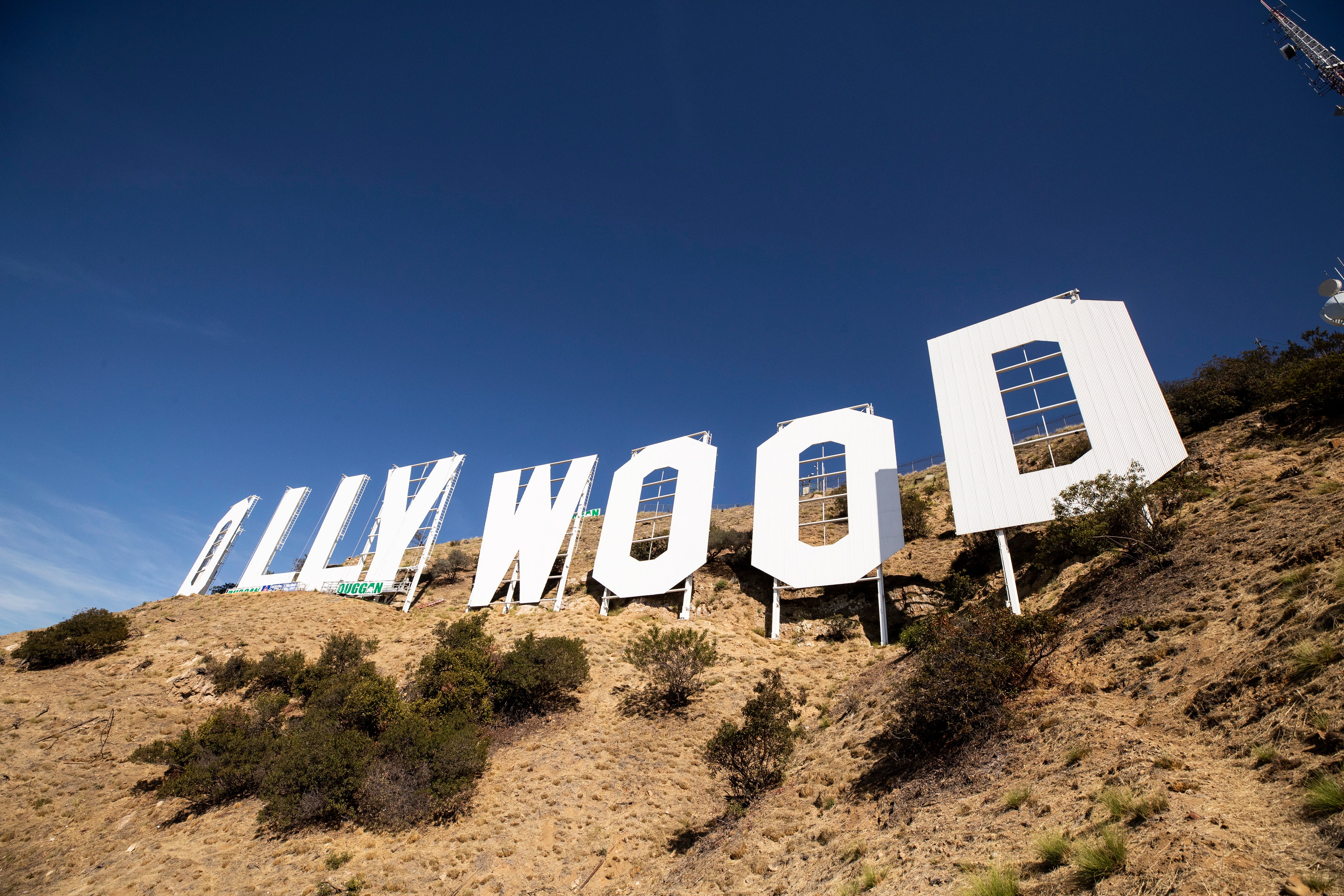Hollywood’s commitment to diversity and inclusivity needs to be more than just a fad
Promises made in the wake of the rise of the Black Lives Matter movement are in jeopardy

Warner Bros. Discovery announced this week, as part of a string of budget cuts, that it would be shutting down its long-running directors and screenwriters workshop programs. Such initiatives typically supported those from diverse communities and backgrounds in an industry often monopolised by those with privilege. Protecting these workshops and other similar programs is paramount for ensuring representation on and off screen.
Indeed, following widespread criticism, including a strongly worded statement of condemnation by the Directors Guild of America, the Hollywood giant appeared to U-turn after less than 24 hours as it reinstated the pipeline programs for directors and writers. To continue supporting access to filmmaking for those with a less privileged background, these programs and similar projects must be safeguarded.
Breaking into film and television is difficult, especially when you lack the benefit of nepotism or wealth. Take Angelina Jolie, for example, a good filmmaker in her own right but how successful would she have been without her big break coming through her father Jon Voight, an already successful actor.
For those less privileged, much of your early career is spent in development – the process of creating an idea – and is usually unpaid. One survey found that 75% of freelance filmmakers had laboured in unpaid film work experience. Only those with money have the privilege to persist in the industry. That is why programs like Warner Bros. Television Workshops are so important; it gave people from diverse backgrounds the opportunity to break into an industry previously privy to white, wealthy America. Shutting down such programs, although will save money in the short term, will prove to be another barrier to forging a career in media and has sadly become a trend in Hollywood.
Earlier this year, Netflix announced it would be cutting one branch of Tudum – its fan-focused website – which consequently targeted mainly women of color, leaving them jobless. A month later, in a second round of job cuts in June this year, Netflix laid off a further 300 staff. Of these job cuts, former Netflix employee Evette Dione wrote, “Nearly everyone I see on LinkedIn posting about being laid off worked on diversity, equity, and inclusion across the company”, despite the streaming company previously pledging to improve on diversity and inclusivity.Following the murder of George Floyd and the power of the Black Lives Matter movement, industries across the board were pressured into introspectively assessing their roles in upholding a culture of racism. The entertainment industry was no exception. Their support for diversity was brought under question. “What about Hollywood?”, asked CNN anchor Don Lemon, “Strangely quiet ... Have some moral courage and stop worrying about your reputation and your brand.” Since then a flurry of inclusivity programs was announced by Chief Diversity Officers across Hollywood, except, that is, for Warner Bros. Discovery which only filled the role in July this year.
In the two years since Floyd’s death, this wave of diversity promised is appearing to have been just a fad. Although on screen diversity numbers have increased, with people of color accounting for 40% of leads in 2020, is shows that diversity has been seen as a superficial check box for many in the entertainment industry. Statistics behind the camera slacked, with directors of color accounting for only 25% of all directors in the same year.
These failures in inclusivity are partly related to a lack of diversity at the executive level in studios. Without addressing failures in the decision-making process in the film industry, such failures in cinematic storytelling will persist. In a study of 11 major and mid-size film studios in 2020 by UCLA, it was discovered that 91% of studio heads and 93% of senior executives were white. The power to bank roll films, as well as assembling the creative teams for making films should also be diverse in order for authentic, global narratives to be successful. At this senior level, budget cuts should never be an excuse for reducing diversity.
Since the Warner Bros. and Discovery merger there has been a slew of diverse content axed, from Latino series, Gordita Chronicles to the first Afro-Latina DC comics superhero, Batgirl. Every industry across the globe is feeling a budgeting squeeze given the growing inflation and rising energy prices, but these budget cuts should not be targeting diverse communities. The very communities that have helped the media companies grow. Having said that, Warner Bros. Discovery, for example, announced a 24% year-on-year profit, so are these cuts necessary?
Although the Warner Bros. Discovery U-turn is welcomed, it is important that such diversity programs across Hollywood are protected in the long-run. The power and influence of Hollywood on social values is widely documented and without supporting filmmakers from diverse communities, authentic and inclusive narratives will fail to make it to screen.
Join our commenting forum
Join thought-provoking conversations, follow other Independent readers and see their replies
Comments
Bookmark popover
Removed from bookmarks